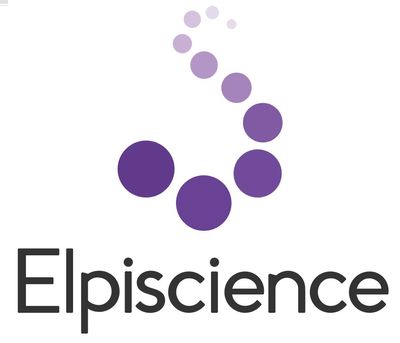

- Home
- Companies
- Elpiscience
- Products
Elpiscience products
Clinical-Stage Anti-CD39 Antibody
ES002’s dual ATP-adenosine mechanism is a potentially powerful TME regulator and transformative cancer immunotherapy. In preclinical studies ES002 demonstrated significant single agent anti-tumor activity as well as an excellent tolerability profile. ES002 has also shown superior enzymatic inhibition and binding affinity.
Antibody Targeting
ES009: A Potential Best-in-Class Antibody Targeting LILRB2. ES009 is a potential best-in-class monoclonal antibody targeting LILRB2 designed to reprogram inhibitory myeloid cells to create an immune favorable TME. LILRB2 is an inhibitory receptor that suppresses myeloid cell activation. Blocking LILRB2 reverses immunosuppression by reprograming tumor-associated macrophages (TAMs) from M2 (pro-tumor) to M1 (anti-tumor) phenotype, leading to immune responses including myeloid cell activation and pro-inflammatory cytokine release.
Antibody Targeting Pan-Allele Signal-Regulatory Protein Alpha (Sirpa)
ES004 is a potentially best-in-class antibody targeting pan-allele signal-regulatory protein alpha (SIRPα). SIRPα is an inhibitory receptor expressed only on myeloid cells and dendritic cells. Binding of CD47 to SIRPα delivers a “don’t eat me” signal to suppress phagocytosis. Tumor cells frequently overexpress CD47 to evade macrophage-mediated destruction. To overcome this issue, ES004 stimulates potent macrophage-mediated phagocytosis against multiple tumor cells by blocking SIRPα. Unlike agents targeting CD47, targeting SIRPα is designed to avoid anemia and thrombocytopenia and improve the therapeutic window.
Bispecific Antibody
ES104 is a bispecific antibody that simultaneously blocks Delta-like ligand 4/Notch (DLL4) and vascular endothelial growth factor A (VEGF-A) signaling pathways, which are critical to angiogenesis and tumor vascularization. VEGF also plays an important role in creating an immune suppressive TME. Pre-clinical and early clinical data of ES104 show that blocking both pathways provides robust anti-tumor activity across several solid tumors, including colorectal, gastric, cholangiocarcinoma, pancreatic, and non-small cell lung cancer. Partial responses to ES104 as a monotherapy have been observed in heavily pre-treated cancer patients, who were resistant to currently approved anti-VEGF therapies. Positive interim ES104 Phase 2 data in combination with paclitaxel in patients with biliary tract cancers (BTC) was also reported in May 2022.
OX40 Agonist Antibody
OX40, also known as CD134, is a member of the tumor necrosis factor (TNF) receptor family and is an important co-stimulator of T cell responses. Typically for TNF receptor family members, 3 molecules of OX40 bind to the trimeric OX40 ligand-protein, activating downstream NF-κB, PI3K, and AKT pathways, which lead to increased cytokine production. Activation of OX40 enhances T-cell expansion, differentiation, and the generation of memory T-cells. OX40 antibodies have been clinically tested to expand activated T cells and suppress regulatory T cells in the treatment of cancer.
